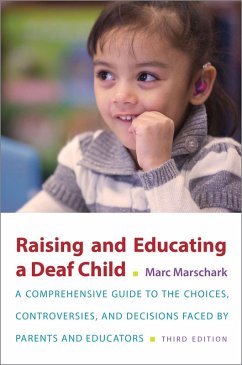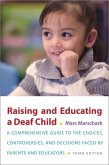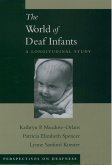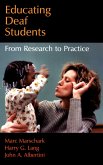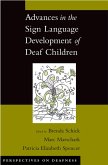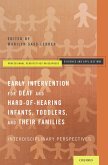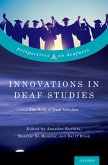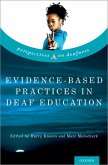Deaf children are not hearing children who can't hear, and having a deaf child is not analogous to having a hearing child who can't hear. Beyond any specific effects of hearing loss, deaf children are far more diverse than their hearing age-mates. A lack of access to language, limited incidental learning and social interactions, as well as the possibility of secondary disabilities, mean that deaf children face a variety of challenges in language, social, and academic domains. In recent years, technological innovations such as digital hearing aids and cochlear implants have improved hearing and the possibility of spoken language for many deaf learners, but parents, teachers, and other professionals are just now coming to recognize the cognitive, experiential, and social-emotional differences between deaf and hearing children. Sign languages and schools and programs for deaf learners thus remain an important part of the continuum of services needed for this population. Understanding the unique strengths and needs of deaf children is the key. Now in its third edition, Marc Marschark's Raising and Educating a Deaf Child, which has helped a countless number of families, offers a comprehensively clear, evidence-based guide to the choices, controversies, and decisions faced by parents and teachers of deaf children today.
Dieser Download kann aus rechtlichen Gründen nur mit Rechnungsadresse in A, B, BG, CY, CZ, D, DK, EW, E, FIN, F, GR, HR, H, IRL, I, LT, L, LR, M, NL, PL, P, R, S, SLO, SK ausgeliefert werden.

